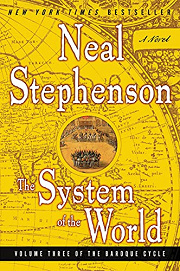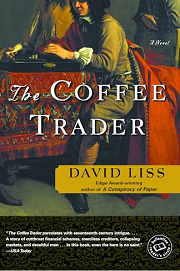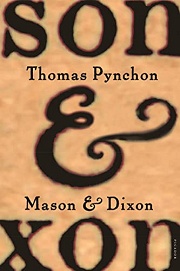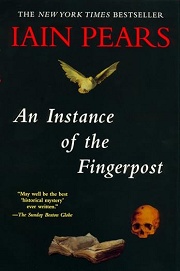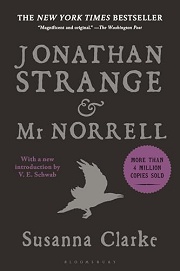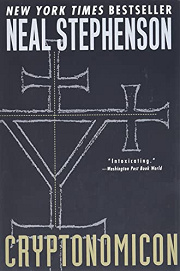Share your thoughts in a quick Shelf Talk!
The System Of The World by Neal Stephenson
As alchemy gives way to science and empires shift, spies, philosophers, and merchants collide in a high-stakes game for the future of the modern world. Ambitious, erudite, and propulsive, The System Of The World brings the Baroque Cycle to a triumphant, ingenious close.
Have you read this book? Share what you liked (or didn’t), and we’ll use your answers to recommend your next favorite read!
Love The System Of The World but not sure what to read next?
These picks are popular with readers who enjoyed this book. Complete a quick Shelf Talk to get recommendations made just for you! Warning: possible spoilers for The System Of The World below.
In The System Of The World, did you enjoy ...
... the high-stakes blend of early modern finance, market manipulation, and courtly power plays?
The Coffee Trader by David Liss
If the maneuvering around the Bank of England, the Trial of the Pyx, and Eliza’s razor‑edged diplomacy in The System of the World hooked you, you’ll love the way Miguel Lienzo schemes to corner the coffee market in 1650s Amsterdam. Like Daniel Waterhouse threading between Whigs, Tories, and Newton’s Mint, Miguel navigates guild politics, insider deals, and information warfare—every bit as cutthroat and witty as Jack Shaftoe’s London intrigues, but focused on commodities, credit, and reputation.
... a sprawling, idea-rich historical saga that follows men of science across continents and decades?
Mason & Dixon by Thomas Pynchon
If the decades-spanning sweep from court salons to mints and prisons—following Daniel Waterhouse’s orbit around Newton and Leibniz—was your favorite part of The System of the World, Mason & Dixon delivers that same vast canvas. Surveyors Charles Mason and Jeremiah Dixon crisscross the Atlantic, encountering Jesuits, clockwork oddities, and imperial schemes, with the same mix of scientific curiosity, political pressure, and exuberant digressions that colored Daniel’s Royal Society adventures and the Hanoverian succession drama.
... a shifting mosaic of narrators untangling conspiracy amid Restoration-era science and religion?
An Instance of the Fingerpost by Iain Pears
If you enjoyed moving between Daniel Waterhouse’s rational vantage, Jack Shaftoe’s street‑level schemes, and Eliza’s courtly calculations in The System of the World, Pears’ novel gives you four sharply conflicting testimonies about a murder in Restoration Oxford. With Robert Boyle and the early Royal Society in the backdrop, the competing narrators twist facts and motives the way Whigs and Tories spin the Pyx and the succession—letting you piece the truth from layered, partisan accounts.
... playful scholarly footnotes and faux documents that make history feel weirdly alive?
Jonathan Strange and Mr Norrell by Susanna Clarke
If Stephenson’s mock‑scholarly asides, pamphlets, and treatises—whether on Newton’s Mint, alchemy, or the Pyx—were a delight in The System of the World, Clarke’s footnotes and invented citations will scratch that same itch. Against the Napoleonic backdrop, debates about the proper use of magic echo the Royal Society’s quarrels over reason and authority, giving you the same witty blend of archival play, political maneuver, and world‑reframing marginalia.
... ingenious links between gold, code-making, and nation-building plotted with audacious scope?
Cryptonomicon by Neal Stephenson
If the knot of Newton’s Mint reforms, the Solomonic gold, and the Trial of the Pyx fascinated you in The System of the World, Cryptonomicon mirrors that energy with WWII codebreakers and a modern hunt for buried war gold leading to a data‑haven. The intellectual rush is similar—math, cryptography, and markets steering history—and the cross‑century plotting feels like watching Daniel’s cautious statecraft collide with Jack Shaftoe‑style audacity. Keep an eye out for a familiar wanderer, too—Enoch Root—bridging eras.
Unlock your personalized book recommendations! Just take a quick Shelf Talk for The System Of The World by Neal Stephenson. It’s only a few questions and takes less than a minute.
